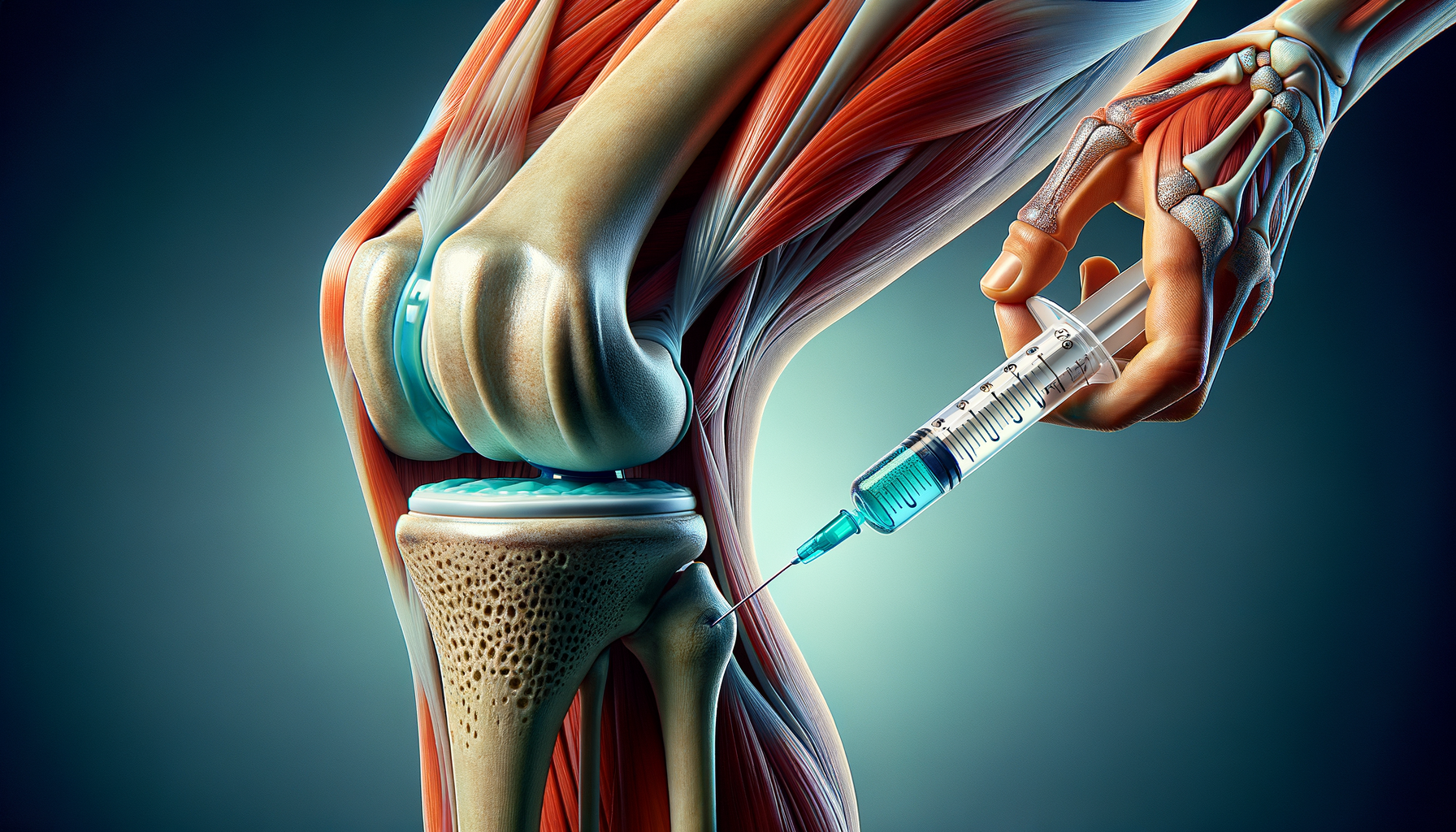
Knee Gel Injections in Singapore: What You Need to Know
Understanding Knee Gel Injections
Knee gel injections, medically known as viscosupplementation, are a treatment option for individuals suffering from osteoarthritis in the knee. This procedure involves injecting hyaluronic acid directly into the knee joint to improve lubrication, reduce pain, and enhance mobility. Hyaluronic acid is a naturally occurring substance in the synovial fluid of joints, acting as a lubricant and shock absorber. Over time, osteoarthritis can reduce the concentration of this important fluid, leading to increased friction and pain.
In Singapore, knee gel injections have gained popularity due to their minimally invasive nature and the potential to delay or even avoid knee replacement surgery. The treatment is typically recommended for individuals who have not found sufficient relief from other non-surgical treatments, such as physical therapy or oral pain medications. It is important to note that knee gel injections are not a cure for osteoarthritis, but they can significantly improve quality of life by managing symptoms.
Patients considering this treatment should consult with a healthcare provider to determine if they are suitable candidates. Factors such as the severity of the arthritis, overall health, and lifestyle will be evaluated. The procedure is generally well-tolerated, with most patients experiencing minimal side effects, such as temporary pain or swelling at the injection site.
The Procedure and Its Effectiveness
The procedure for knee gel injections is straightforward and typically performed in a clinical setting. After cleaning the knee area, a healthcare professional may use a local anesthetic to numb the site. The gel is then injected into the knee joint using a fine needle. The entire process usually takes less than 20 minutes, allowing patients to return to their daily activities shortly after.
Effectiveness varies among individuals, but many patients report significant pain relief and improved joint function within a few weeks of treatment. The effects can last several months, with some patients experiencing benefits for up to six months or longer. Clinical studies have shown that knee gel injections can be particularly beneficial for those with mild to moderate osteoarthritis, offering a viable alternative to more invasive procedures.
However, not everyone will experience the same level of relief, and some may require multiple injections to achieve desired results. It is also essential for patients to maintain a healthy lifestyle, including weight management and regular exercise, to maximize the benefits of the treatment. Healthcare providers may recommend a series of injections over a period to assess and optimize outcomes.
Considerations and Potential Risks
While knee gel injections are generally safe, there are certain considerations and potential risks that patients should be aware of. As with any medical procedure, there is a risk of infection, although this is rare. Some patients may experience an allergic reaction to the injection, leading to increased pain or swelling. It is crucial to discuss any allergies or previous adverse reactions with the healthcare provider before proceeding with the treatment.
Additionally, knee gel injections may not be suitable for everyone. Individuals with advanced osteoarthritis or significant joint deformity may not experience the same benefits as those with less severe conditions. In such cases, alternative treatments or surgical options may be more appropriate.
Cost is another factor to consider. While knee gel injections are less expensive than surgery, they may not be covered by all insurance plans. Patients should consult with their insurance provider to understand their coverage options. In Singapore, many clinics offer flexible payment plans to make the treatment more accessible.
In conclusion, knee gel injections present a promising option for managing knee osteoarthritis, particularly for those seeking non-surgical interventions. By understanding the procedure, its effectiveness, and potential risks, patients can make informed decisions about their treatment options.


